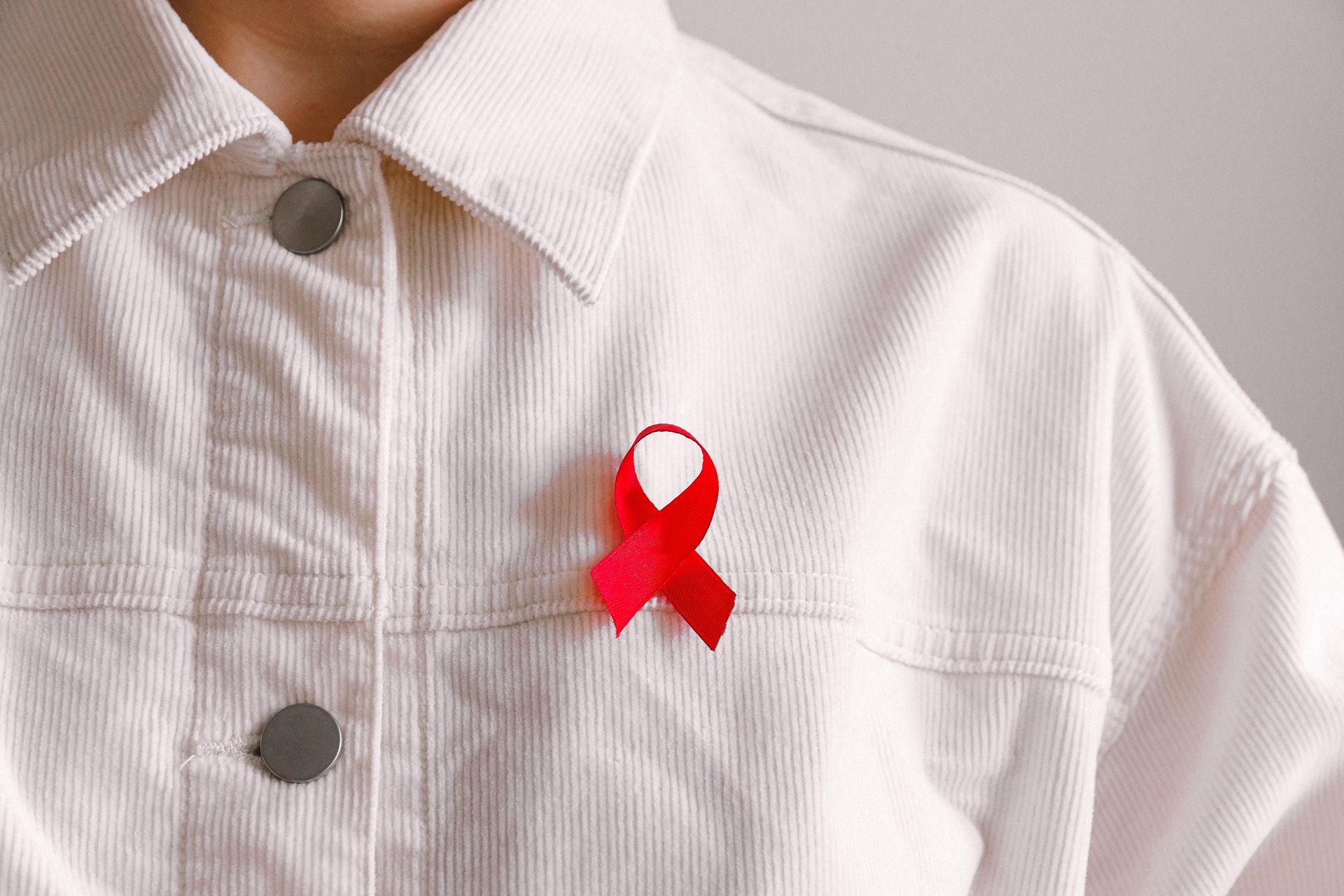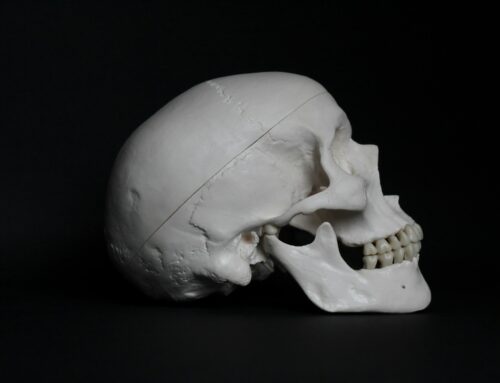There has long been an association between oral health and HIV. Those with HIV will typically have worse oral health during their lifetime. One of the main factors appears to be limited access to oral health. Now, research has looked into why HIV is associated with poor oral health.
Recent research has looked into the connection between oral health and HIV. Those with HIV are typically under-researched in oral health.
Interestingly, those who have HIV are likelier to have worse oral health over their lifetime compared to those who do not. But it is not always clear why this is the case.
So, recent research has sought to understand which factors impact access to oral healthcare for those who are HIV positive.
Background
Human immunodeficiency virus (HIV) is a virus that attacks the body’s immune system. If left untreated, HIV will often result in AIDS (acquired immunodeficiency syndrome). This can result in the human immune system failing, which becomes life-threatening.
HIV is known to cause many health problems. There is a strong correlation between having HIV and struggling with alcohol and substance abuse and mental health problems [1].
Originally, HIV was inherently linked with oral health conditions. However, the rise of antiretroviral medications proved to be a significant help in helping the oral health of those HIV positive [2].
However, barriers to healthcare for those with HIV still exist. Discrimination across society is common for those with HIV, including in healthcare.
The research
The research – which was published in the Journal of Health Care for the Poor and Underserved, focused on those living with HIV in the Canadian province of Saskatchewan [3].
The study used a sample of 2,000 patients from the local area. About 6% of these patients were HIV positive [3]. Moreover, 3% also had the Hepatitis C virus [3].
The researchers then looked at the sample of 2,000 patients, and compared the oral health of those with HIV and those who did not. A key way of measuring the oral health of the patients was through “DMFT” – which stands for Decayed, Missing and Filled Teeth [3].
The analysis found that there was a strong connection between those with HIV and high scores of DMFT [3]. Therefore, those with HIV had a higher number of decayed teeth than those without.
Furthermore, it was found that for those who were co-infected with HIV and Hepatitis C, that there was an even higher score for decayed, missing or filled teeth [3].
What this means
These findings show that those with HIV usually have worse oral health compared to the general population. But it isn’t always clear why this is the case. Although, access to healthcare may be an issue.
Dr. Abbas Jessani compiled the research. Jessani is a researcher who has focused his career on researching and improving the oral health of populations that typically receive less dental support [4].
Jessani commented on the findings. He commented “people living with HIV are a neglected and underserved group in Canada and internationally, especially in addressing their basic unmet oral health needs” [4].
Jessani also pointed out that people with HIV are “twice as likely to get dental conditions, including decayed and/or extracted teeth, than those without” [4]. This summarizes the difficult situation facing those with HIV.
Recommendations
As part of his research, Jessani also made some recommendations. Firstly, he said that he hoped to expand on his research into further locations, such as Southwestern Ontario [4].
Jessani said that by identifying the oral health challenges faced by those living with HIV, that healthcare professionals could find better solutions for these underserved people [4].
Jessani suggested that dental outreach programs could be helpful. Also, educating dental students about underserved populations like those with HIV could also lessen barriers to healthcare in the future [4].
Thinking points…
1) HIV can be a difficult subject to approach. If you know anyone with the condition, it would surely help if you approached them gently and offered assistance with their oral health. Something as simple as booking up an appointment for them, or accompanying them, could be a big help.
2) It is important to remember that access to dental care is crucial. If you haven’t seen a dentist for a while, it is important that you attend a check-up soon! Normal dentistry has resumed now, so it is a great time to book a check-up. The earlier that potential problems are found, the easier they will be to treat.
What we offer at Taradale Dental
Taradale Dental is a dental clinic based in Calgary, Alberta, Canada. We offer many services, including regular check-ups, cavity fillings and root canals.
We are also pleased to offer some cosmetic services. Here at our Calgary dental clinic, we offer treatments like tooth whitening, Invisalign™ and implants.
It is important for dental problems to be addressed early. Any oral-based problems will be identified at check-ups. This helps to prevent the problem getting worse. If and when further treatment is needed after a check-up, our patients receive a clear treatment plan.
The best way of avoiding extra treatment is to have strong oral hygiene. This includes brushing our teeth at least twice a day, flossing regularly, and getting a dental check-up at least twice a year. Avoiding sugary foods and drink and not smoking also helps.
Our Calgary-based dental clinic Taradale Dental also follows the Alberta Dental Fee Guide. This means our prices are competitive, transparent and affordable.
We would love you to visit us here at Taradale Dental soon! You can see more about us by visiting our website https://taradaledental.ca.
References
[1] Gonzalez, A., Barinas, J., & O’Cleirigh, C. (2011). Substance Use: Impact on Adherence and HIV Medical Treatment. Current HIV/AIDS Reports. 8 (223). DOI: https://doi.org/10.1007/s11904-011-0093-5.
[2] Petersen, P. E. (2006). Policy for Prevention of Oral Manifestations in HIV/AIDS: The Approach of the WHO Global Oral Health Program. Advances in Dental Research. 19 (1): p17-20. DOI: https://doi.org/10.1177/154407370601900105.
[3] Jessani, A., Fang, H., Phillips, G., Levac, C., Choi, J., & Bednarsh, H. (2021). Correlation of HIV-infection and HIV/HCV Co-infection with Oral Health Status of Inner-City Sub-population in Saskatchewan, Canada. Journal of Health Care for the Poor and Underserved. 32 (4): p1889-1906. DOI: https://doi.org/10.1353/hpu.2021.0172.
[4] Martin, M. (2022). Research: Understanding the correlation between HIV and oral health. Available: https://www.schulich.uwo.ca/about/news/2022/march/research_understanding_the_correlation_between_hiv_and_oral_health.html. Last accessed: 5th March 2022.




[…] There Has Long Been an Association Between HIV and Poor Oral Health. Click the Link to Know More! […]